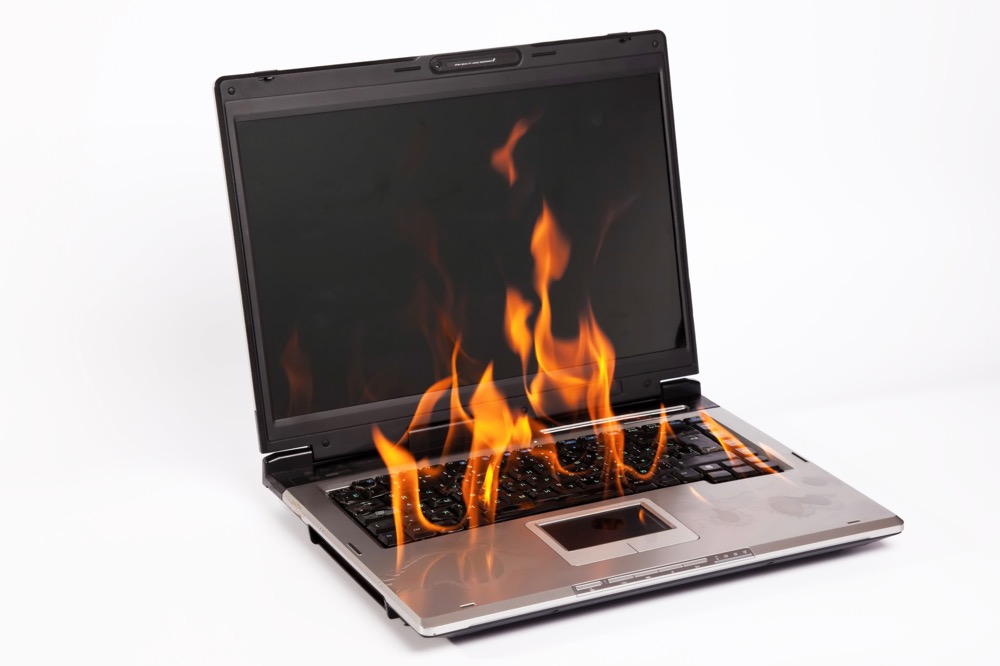When a product is not properly designed, manufactured, or there is a failure to warn of certain aspects of the product, injuries can and do occur. Product liability law deals with a wide range of consumer products that have caused harm to someone.
In Virginia, product liability cases run the gamut from defective medical devices to accidentally losing a finger due to a poorly designed product. If a defective product has injured you or a loved one, you must reach out to a product liability attorney as soon as possible.
The lawyer can advise you on how best to preserve the evidence and guide you through the process of determining whether liability can be established and whether a claim package or lawsuit should be pursued. Read on to learn more about product liability in Virginia.
What Can Product Liability Result From?
There are four primary ways that product liability can result:
Defect in design
A defect in the design of the product can cause death or severe injury. For example, sports equipment could suddenly collapse due to the manufacturer not designing it properly. Or you could have a particular type of car that tends to pull to one side or the other after reaching a certain speed.
Defects in manufacturing
Defects in manufacturing deal with products that weren’t manufactured correctly. For example, a swing set could have a chain designed with inferior materials that cause it to not withstand the expected weight of the person using the swing. Another example is if foreign objects such as glass shards could have somehow found their way inside a soda can. For medical products, a batch of over-the-counter medicine could have become tainted during the manufacturing process.
Failure to warn of a potential danger
Failure to warn of a potential danger deals with products that do not adequately warn consumers of risks, such as a soda bottle that suddenly explodes after being left in a car on a warm summer day. Or corrosive household chemicals that do not provide adequate warnings on the label.
However, keep in mind that you must not use the product in a way that it wasn’t intended to be used. For example, suppose you try to use a metal butter knife to clear an obstruction inside an electrical socket and wind up getting electrocuted. In that case, you cannot sue the manufacturer because it wasn’t intended, implied, nor labeled to perform such a task.
Failure to properly maintain equipment or products
If an equipment or product owner does not properly maintain equipment for rent, then such lack of maintenance often times can result in injury. An example is when the brakes do not work on a scooter or bicycle leading to injury due to lack of maintenance.
Types of Product Liability
There are many different types of product liability lawsuits, such as:
- Defective medical devices
- Pharmaceutical medicine with lethal or dangerous side effects
- Defective sports equipment
- Contaminated food (or packaging)
- Children’s toys
- Cleaners and household chemicals
- Furniture and appliances
- Cars, vehicles, and car parts
- Vaping pens or “e-cigarettes”
Any product that you can buy could potentially injure or harm you in some way if it was improperly designed, manufactured, maintained, or a sufficient warning label wasn’t added.
How to Prove Product Liability
There are a number of essential elements needed to prove product liability:
- Someone needs to have gotten injured by the product.
- You need to have the product or have not last access to the product so that it can be inspected.
- You need to have a qualified expert engineer look at the product and evaluate it to see if there is a defect in design, manufacturing or maintenance.
- You need to be able to show chain of custody—or who had control of the product from the time of purchase or rental to time of injury.
- You need to be able to show causation. For example, suppose you find a decomposing mouse in a bag of chips. In that case, you need to be able to prove that the mouse got into the bag at the manufacturing facility—not at the grocery store, inside your garage shelves, or your kitchen cupboard.
Typically if you do not have the defective product in your possession, then a no spoilation notice letter and request to inspect needs to be sent immediately to the custodian of the product.
Remedies for Product Liability
If you’re successful in proving your case, there are several different types of damages that you can potentially recover:
- Medical costs from past to future medical bills and everything in between.
- Losses due to a disability such as losing an eye or a finger. In some cases, you might be eligible for lifelong benefits.
- Emotional distress, trauma, pain, and suffering
- Property damage
- Death benefits
- Attorney’s fees
- Exemplary or punitive damages
Product Liability Attorney in Virginia
Defective products that cause injury or death can happen to anyone. Just because a trusted brand name store sells a product doesn’t necessarily mean that it’s safe.
If you or a loved one have been injured by what you feel is a defective product, contact Quinn Law Centers to speak to one of our compassionate attorneys who will fight hard to get you the justice that you deserve.

